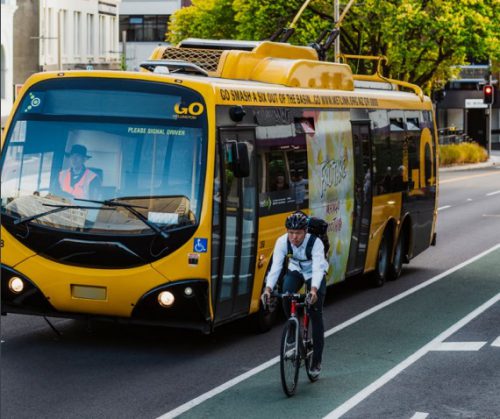
A Sustainable Urban Mobility (SUM) benchmarking process can be used as an effective tool towards driving impactful change. The desired outcomes include assumptions to evidence, hidden data to a full, simplistic to deep understanding, individualistic to collective measures, singular approach to stronger and better together, and isolated to tracked and measured outcomes.
Overview
We want our towns and cities to continue to thrive and be places where people can move around independently, in ways that are good for their health and the environment.
To pave the way for healthy, safe, and vibrant cities we need to understand what stage each town and city is currently at on their journey to transition to an actively mobile transport network.
This is achieved through the Sustainable Urban Mobility benchmarking process. This well-established best practise approach connects the dots from policy to campaign and allows us to create impactful and lasting solutions that are fit-for-purpose.
Each council is at different stages, but everyone is progressing and by measuring the same things we can see progress while also identifying gaps and starting to close them.
We used this process for the first time in 2021, and we will adapt and change but it is an exciting collective step forward.
It converts assumptions to evidence, so we can start getting a fair representation of the many voices and communities that live in our towns and cities, and their varying needs.
We’re starting with a benchmark of our larger cities, but any town or city can learn from the process and the things that are important to measure.
Sustainable Urban Mobility explained
Sustainable Urban Mobility (SUM) refers to transport and systems of transport planning that are sustainable across social, climate and environmental outcomes. In Aotearoa New Zealand, this is largely (but not limited to) walking, cycling and public transport.
Sustainable Urban Mobility benchmarking explained
Sustainable Urban Mobility benchmarking is a collection of measures that are common across councils. These indicators are important because they lead to significant outcomes for our communities – health, environment, connectedness and safety.
Benchmarking is best practice
Benchmarking is commonly used around the world to help ‘connect the dots’ from policy to campaign level – with great results. For example, the Dutch Cycle Balance, the London Cycling Benchmarking Project, the EU’s Velo Info and here in Aotearoa New Zealand we have Yardstick – a well-used benchmarking for our parks management.